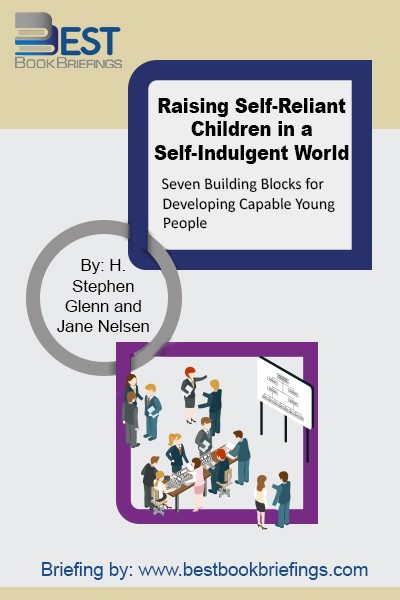Raising Self-Reliant Children in a Self-Indulgent World
Seven Building Blocks for Developing Capable Young People
Editorial Review
By many standards, the world is a much better today than it was forty years ago. Still, in the past, we could assume that children growing up, if they survived physically, would be equipped with the capabilities to act in their own behalf and pursue opportunities as adults. Today, when the world offers far more and greater opportunities for achievement and success than ever before, the rising generation seems less capable than the generation of the thirties to take advantage of the opportunities open to them. It is clear that some of the fundamental values that served us so well in the past are absent or severely underdeveloped in a large percentage of young people.
Book Reviews
Books on Related Topics
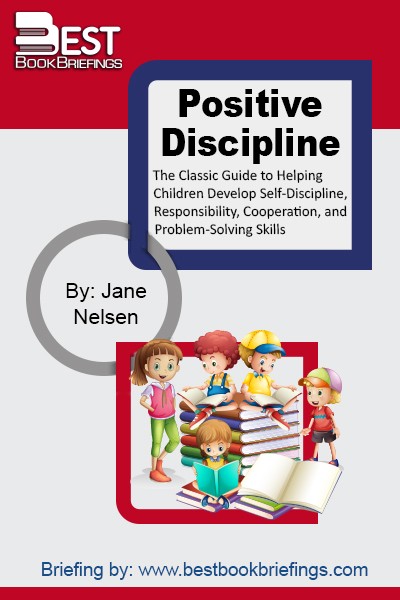
If you are a teacher, have you been teaching long enough to remember when children sat in neat rows and obediently did what they were told? If you are a parent, do you remember when children wouldn't dare talk back to their parents? Maybe you don't, but perhaps your grandparents do.
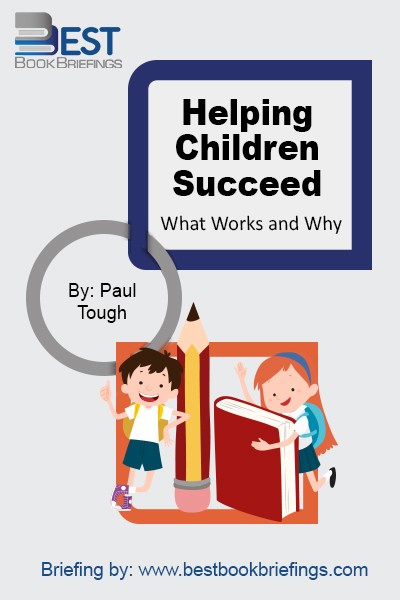
Educators across the country are intimately familiar with the struggles of children experiencing adversity, as are social workers, mentors, pediatricians, and parents. If you work with kids who are growing up in poverty or other adverse circumstances, you know that they can be difficult for teachers and other professionals to reach,

Giftedness should extend far beyond a category or a label; it should certainly not be confined to a score or an IQ or achievement test. The test simplifies the recognition of some talents, but the complex potential of a child’s talents, sustained interests, and special aptitudes cannot be represented by performance
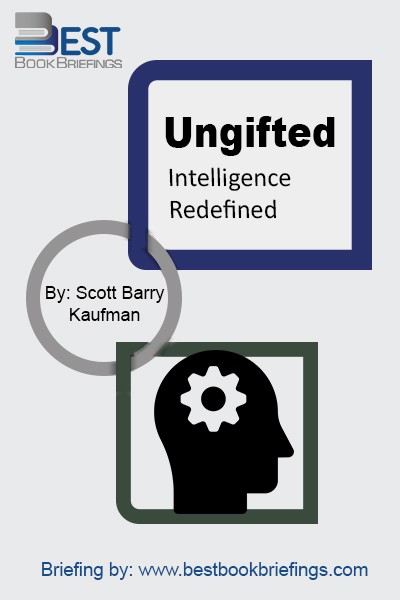
The IQ test is just a brief assessment of one trait. It doesn’t say anything about a person’s past or future potential. It’s only used to match a person to an intervention. Each person has numerous opportunities to demonstrate their intellectual prowess. A single test score certainly has no impact on
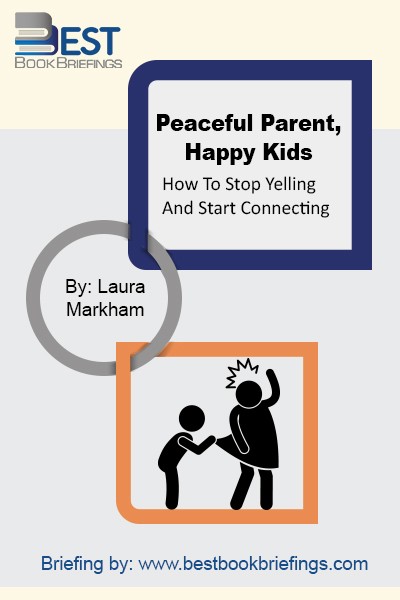
While most parenting books focus on changing the child’s behavior, and yes this book will help you support your child to become his/her very best self, this book dedicates more focuses on for parents’ behaviors. Because you’ll have to manage your own triggers and emotions to effectively coach and connect with

Every day, parents and their kids ask us for ideas on what kinds of businesses kids can start and run. Believe it or not, there are plenty of businesses that kids as young as 8 or 9 years old can start and make money at! Running a lemonade stand for a

